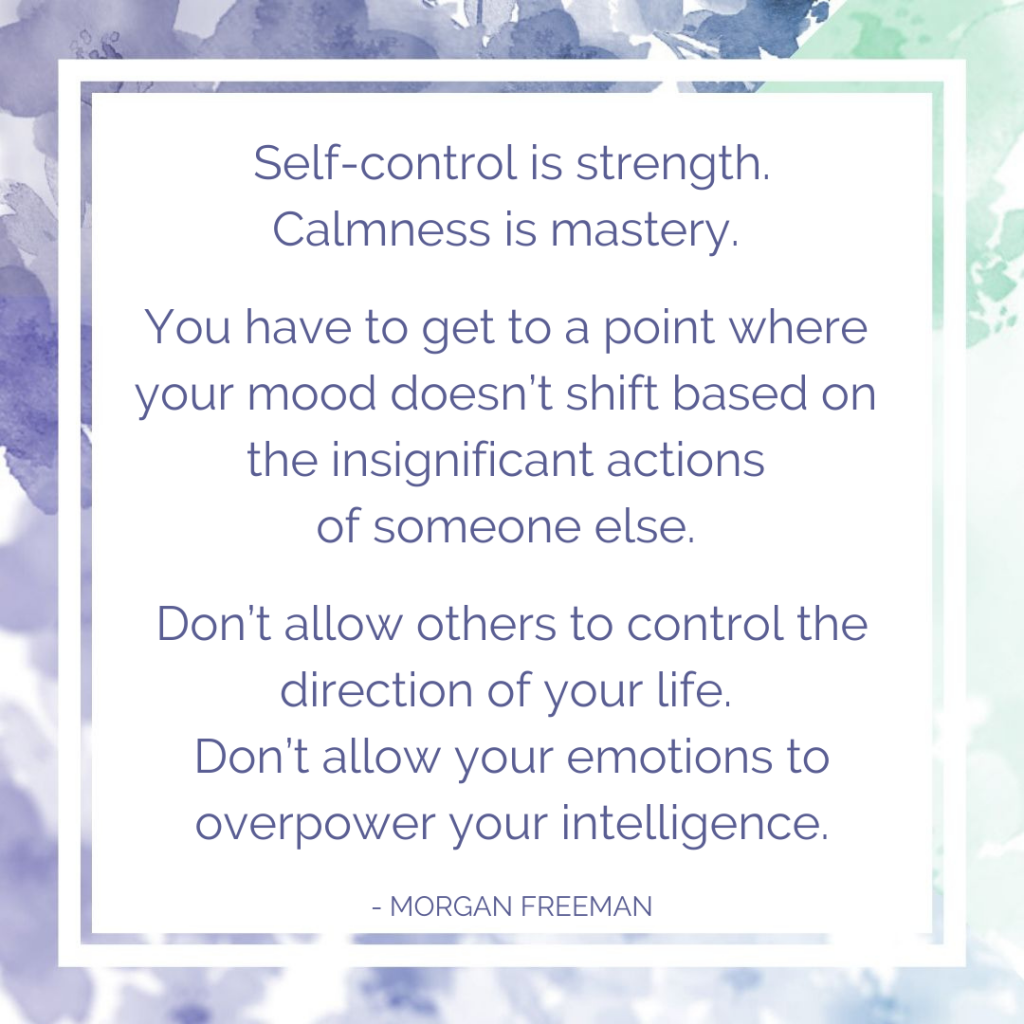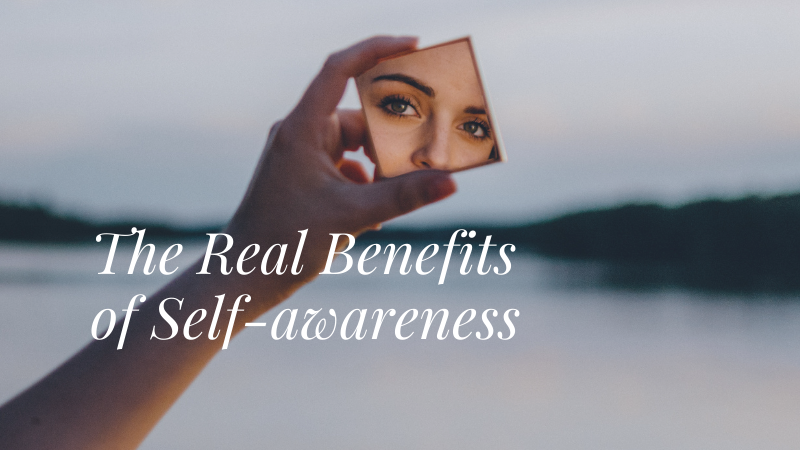Following my previous article on General Awareness, I decided to expand the topic a little bit more, and now concentrating on SELF-AWARENESS, rather than on the environment.
What is self-awareness?
Self-awareness is the ability to see yourself clearly and objectively through reflection and introspection. Moreover, anyone who is dedicated to self-improvement, personal development, or the higher goal of spiritual growth needs to actively seek to understand oneself. This is because only when one understands where one lacks, can he or she focus their efforts on what to improve.
Definition of self-awareness:
- Self-awareness is the capacity that a person has to introspect.
- It includes gaining an understanding of and insight into one’s strengths, qualities, weaknesses, defects, ideas, thoughts, beliefs, ideas, responses, reactions, attitudes, emotions, and motivations.
- Thus introspection also includes assessing how one is perceived by others and,
- How others are impacted based on one’s behaviour, responses and conduct.
However, self-awareness can be divided into two different categories:
- Public Self-Awareness: This type emerges when people are aware of how they appear to others. Public self-awareness often emerges in situations when people are at the center of attention, such as when giving a presentation or talking to a group of friends. This type of self-awareness often compels people to adhere to social norms. When we are aware that we are being watched and evaluated, we often try to behave in ways that are socially acceptable and desirable. In short, we display our best behavior, which may not be reflective of our true personality. Public self-awareness can also lead to ‘evaluation anxiety’ in which people become distressed, anxious, or worried about how they are perceived by others.
- Private Self-Awareness: This type happens when people become aware of some aspects of themselves, but only in a private way. For example, seeing your face in the mirror is a type of private self-awareness. Feeling your stomach lurch when you realize you forgot to study for an important test or feeling your heart flutter when you see someone you are attracted to are also good examples of private self-awareness. Close family members and friends are privy to some aspects of our private self as we let our guard down in front of them. Hence, they become invaluable aids in helping us assess ourselves.
Although we practice becoming more aware of ourselves and how we are perceived by others, we learn many more shades of our characteristics. Hence we are in a better position to overcome our personality defects and understand where our strengths lie.
Proven Benefits of Self-Awareness
Now, let’s look into research on the outcomes of being self-aware. How can we benefit from self-awareness?
- It can make us more proactive, boost our acceptance, and encourage positive self-development.
- Self-awareness allows us to see things from the perspective of others, practice self-control, work creatively and productively, and experience pride in ourselves and our work as well as general self-esteem.
- It leads to better decision-making.
- It can make us better at our jobs, better communicators in the workplace, and enhance our self-confidence and job-related wellbeing.
The benefits listed are reason enough to work on improving self-awareness, but this list is by no means exhaustive. Self-awareness has the potential to enhance virtually every experience you have, as it’s a tool and a practice that can be used anywhere, anytime, to ground yourself in the moment, realistically evaluate yourself and the situation, and help you make good choices.

5 Ways to Improve your self-awareness
- Create space and time:
- Connect with yourself daily
- Avoid digital distractions
- Carve out solitude
- Practice Mindfulness
- Pay attention to your inner state as it arises
- Try mindful walking, eating, listening, yoga
- Journal your awareness
- Process your thoughts through writing
- Record your inner state
- Practice listening
- Pay attention to the speaker
- Observe emotions and body language
- Don’t judge or evaluate
- Gain Different Perspective
- Ask for feedback
So to conclude becoming self-aware is the first step in overcoming personality defects. Self-awareness can be achieved through observing one’s own mistakes, asking others for feedback, observing others’ mistakes objectively, and through some dreams. Whenever one becomes emotionally unstable, restless, or upset one should become alert as on deeper introspection, it usually provides insight into some personality defect that has been triggered. We should be open to learning about ourselves and have the courage to take feedback from others. By this, we can objectively analyze our mistakes and find practical solutions to change for the better.
https://markmanson.net/self-awareness

